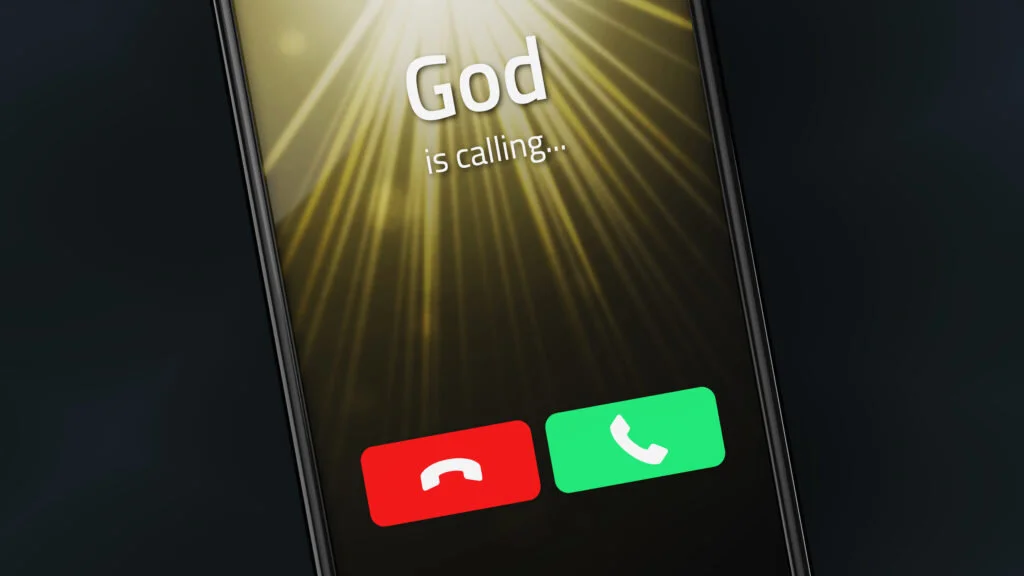Many modern churches may be weak when it comes to architecture and sacred art, but they almost always have concert-level lighting, sound and multi-media technology.
But in a few sanctuaries linked to ancient traditions, worship leaders are trying something different. In some Eucharistic services, they are offering autistic worshippers an atmosphere that is more calm and less intense.
"If you look at many church services from the point of view of highly sensitive people – especially autistic children – there is too much noise, too many lights," said Father Matthew Schneider, known to online Catholics as @AutisticPriest. "We can turn down the lights. We can turn down the volume. We can do a few things to accept these families and let them feel more comfortable."
For neurodivergent people, it actually helps that ancient rites are built on repeated gestures, prayers and music that become familiar. Schneider experienced this phenomenon in seminary, but grasped its importance when he was diagnosed as autistic several years after his ordination.
"If you do something over and over, then I know what's coming. I have time to take that in. I know what is happening and why," said Schneider, who currently teaches theology at Belmont Abbey College near Charlotte, North Carolina.
"If you throw me a curve ball, it may take me some time to get over the shock. That's just a reality for autistic people. ... If I'm familiar with a service – stand up, kneel down, look right, look left – that can become comfortable."
Religious leaders will have to face these issues after seeing waves of stunning statistics from the Centers for Disease Control and Prevention and other groups studying neurodiversity trends. For example, in 2000, 1 in 150 children were somewhere on the autism spectrum. That number was 1 in 36, in recent CDC data. And 26.7% of autistic children now display "profound" symptoms.



